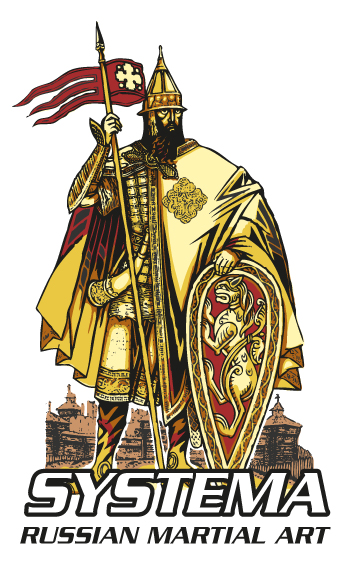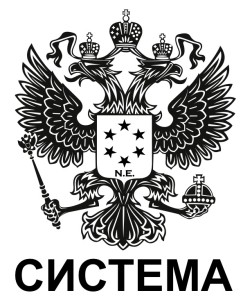As karate has continued to evolve overtime, people have become more interested in what karate is. Many times, they may actually confuse karate with kung fu. While there are similarities between karate and kung fu, they do differ quite a bit as well. Let’s examine what exactly karate and kung fu are, and how they differ from one another.
What Are Karate & Kung Fu?
As most people will know, karate is a form of unarmed combat that uses various forms of block blows. Karate is originally from Japan, and is a form of martial arts. The main goal of karate is to become trained in defensive and counterattack movements using only one’s body. On the other hand, kung fu is a form of martial arts that originated from China, unlike karate, which originates in Japan. Like karate, the concept of kung fu comes from martial arts, as both carry similar traits.
How Do They Differ?
Although karate and kung fu draw from similar concepts from martial arts, they differ in several ways. To begin, the movements that are used in kung fu are known for their smooth techniques and movements. The smooth transitions between moves comes from the circular movements that are used throughout. Karate, on the other hand, is known to use quicker movements and follow a stop and go pattern with their movements. Unlike kung fu, karate movements do not have smooth transitions in between movements, with less graceful transitions from one move to the next.
Another difference between karate and kung fu is the length of time that each set takes. While karate’s movements come fast and hard, kung fu’s movements often take more time in an effort to make smooth transitions. Additionally, most kung fu forms are longer, and generally more complicated movements. While karate closely resembles the moves that are found in kung fu, they may not be as long.
In general, the best way to describe how karate and kung fu differ are through their techniques, styles, weapons and uniforms worn during any routine. It is important to note that while they have many differences, neither kung fu or karate are more difficult than the other, especially knowing that they both come from martial arts. Karate and kung fu continue to be staples in the martial arts spectrum, and will only continue to progress in the coming years.

 When you search “what’s the difference between MMA and karate?” online, there are no shortage of applicable answers. Googling “what’s the difference between MMA and systema” or “What’s the difference between karate and systema?” yields far fewer relevant results, but that doesn’t mean Systema is any less legitimate a martial art.
When you search “what’s the difference between MMA and karate?” online, there are no shortage of applicable answers. Googling “what’s the difference between MMA and systema” or “What’s the difference between karate and systema?” yields far fewer relevant results, but that doesn’t mean Systema is any less legitimate a martial art.
